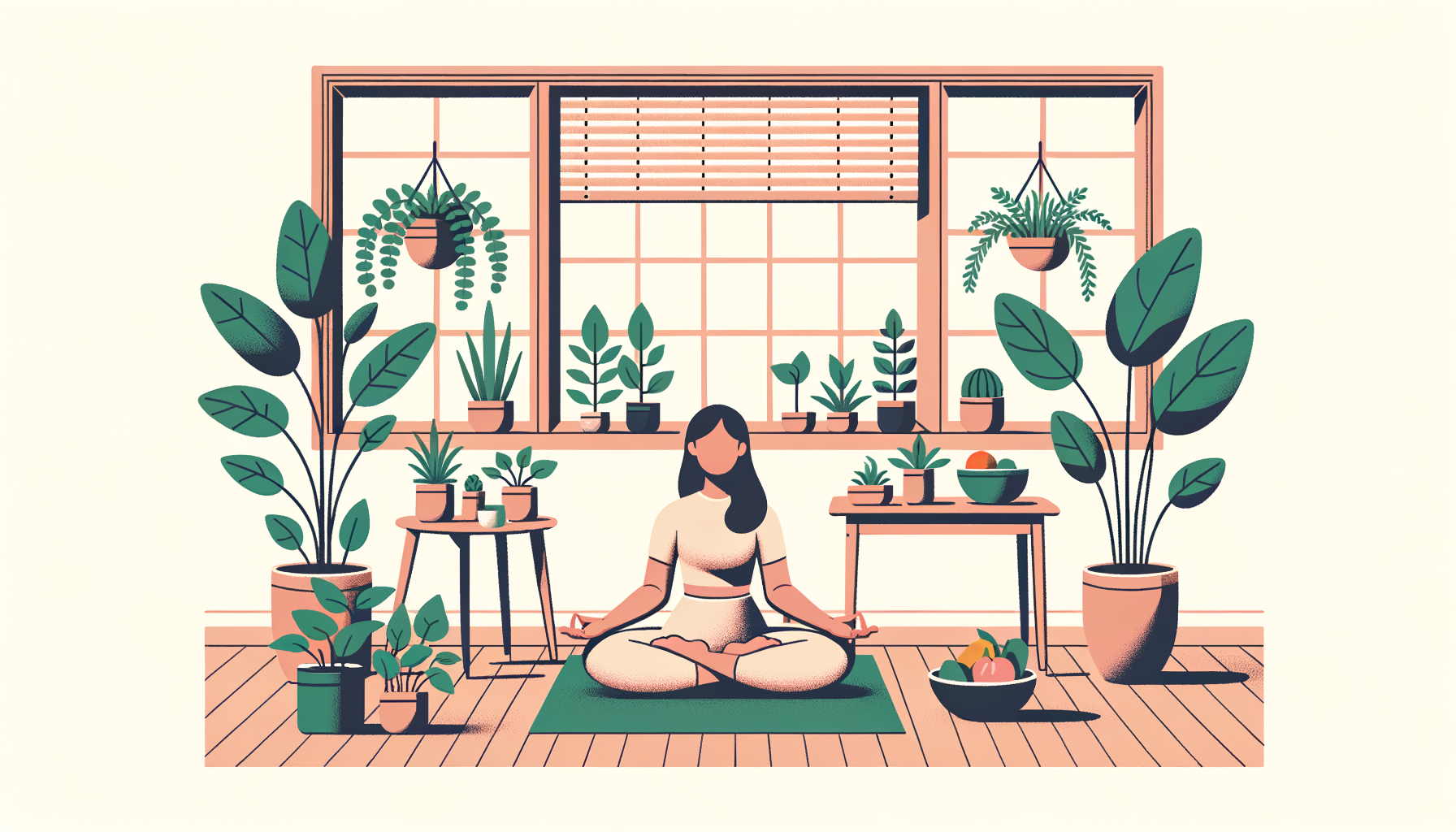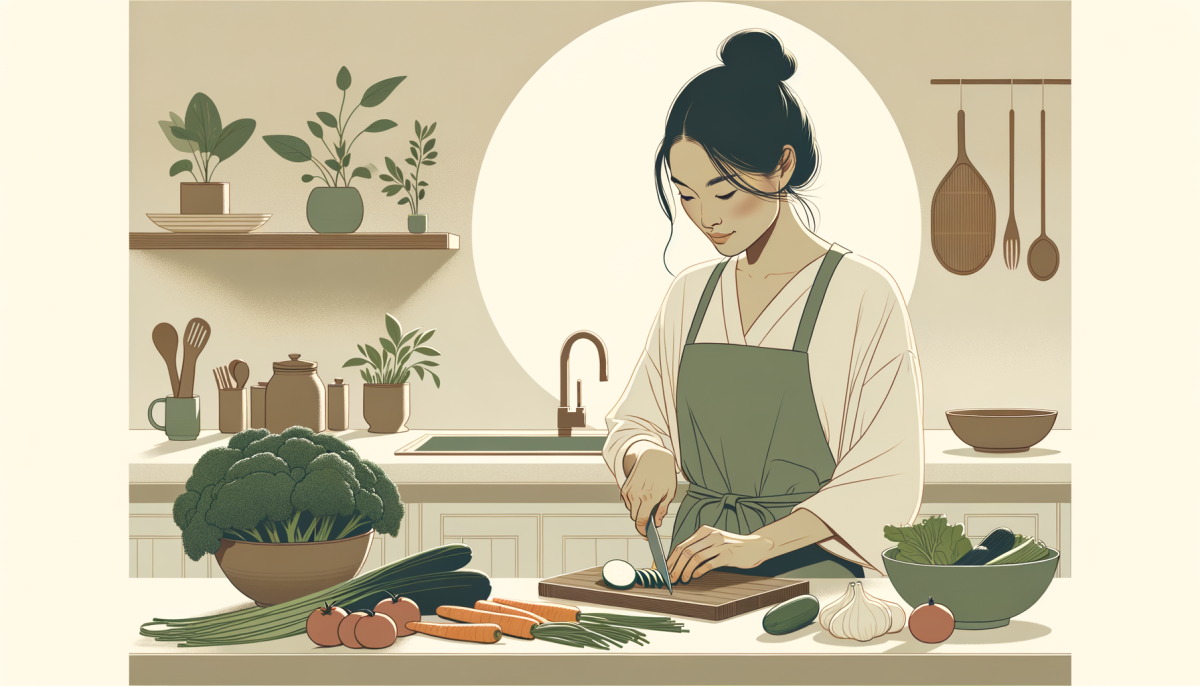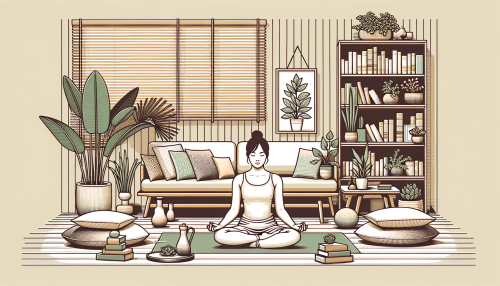Introduction
In the realm of health and wellness, the plant-based lifestyle has emerged as a beacon of hope for those seeking a holistic approach to their well-being. However, the journey towards this lifestyle is often fraught with pressure and unrealistic expectations of perfection. This article aims to dispel these notions and instead, promote a balanced approach to plant-based living, emphasizing wellness over perfection.
Embracing Plant-Based Wellness

The first step towards embracing plant-based wellness is understanding its essence. It’s not merely about eliminating animal products from your diet, but rather, it’s about nourishing your body with wholesome, nutrient-dense foods derived from plants. This lifestyle encourages a symbiotic relationship with nature, where we not only take but also give back, fostering a sustainable cycle of life.
However, transitioning to a plant-based lifestyle can be daunting, especially when confronted with a plethora of information and dietary guidelines. It’s essential to remember that this journey is personal and unique to each individual. There’s no one-size-fits-all approach, and it’s perfectly okay to tailor your plant-based journey to your specific needs and preferences.
Moreover, it’s crucial to approach this lifestyle with an open mind and a willingness to learn. Experiment with different plant-based foods, explore various recipes, and discover what works best for you. Remember, the goal is not to achieve a perfect diet, but to cultivate a healthier relationship with food and your body.
Overcoming Perfectionism
Perfectionism, while seemingly a noble pursuit, can often become a hindrance in our journey towards wellness. It can lead to feelings of inadequacy, stress, and even burnout. When it comes to plant-based living, it’s important to remember that perfection is not the goal; wellness is.
Instead of striving for a flawless diet, focus on making small, sustainable changes. Start by incorporating more fruits and vegetables into your meals, gradually reducing your intake of animal products. Remember, it’s not about completely eliminating certain foods overnight, but about making conscious choices that align with your wellness goals.
Moreover, it’s important to be kind to yourself during this journey. There will be days when you might deviate from your plant-based diet, and that’s perfectly okay. Instead of berating yourself, use these instances as learning opportunities. Reflect on what led to these choices and how you can better navigate similar situations in the future.
Sustainable Lifestyle Choices
Adopting a plant-based lifestyle goes beyond dietary choices; it’s about making sustainable lifestyle choices that align with your values and contribute to your overall wellness. This could involve choosing organic produce to reduce your exposure to harmful pesticides, opting for locally sourced foods to support local farmers, or even growing your own vegetables.
Moreover, sustainability extends to other aspects of your life as well. Consider reducing your consumption of single-use plastics, conserving water and energy, and recycling or composting your waste. These actions not only contribute to environmental sustainability but also foster a sense of responsibility and mindfulness, enhancing your overall well-being.
Remember, the goal is not to achieve a perfectly sustainable lifestyle overnight, but to make small, conscious changes that collectively make a significant impact. It’s about progress, not perfection.
Conclusion
In conclusion, plant-based living is not about achieving perfection, but about embracing a lifestyle that promotes wellness and sustainability. It’s about making conscious choices that nourish your body, respect the environment, and align with your values. So, embark on this journey with an open mind, a compassionate heart, and a willingness to learn and grow. Remember, it’s not about the destination, but the journey itself.





